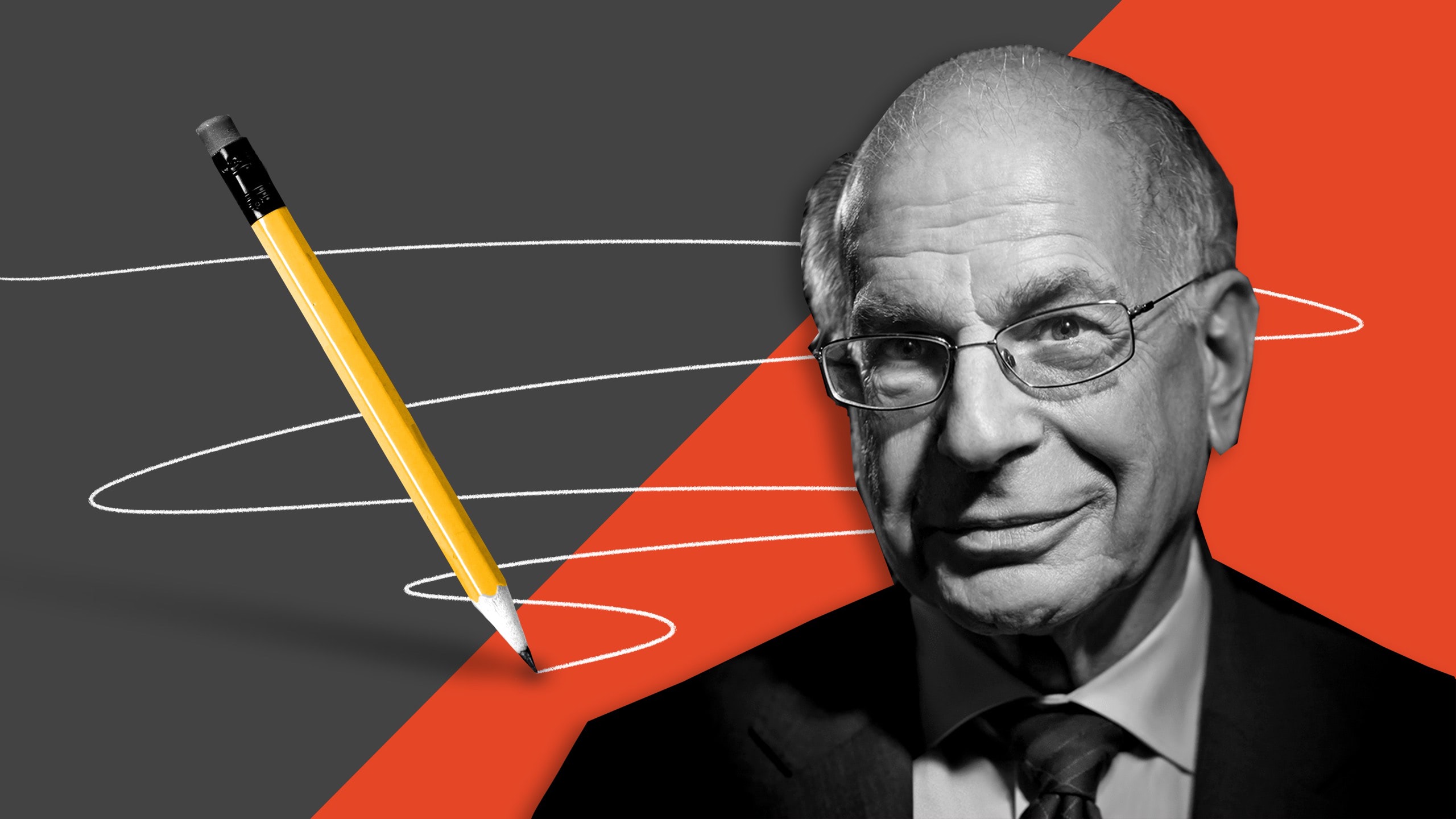The Great Debate: Daniel Kahneman on the Value of Market Research in Business Decision-Making
Introduction: Who is Daniel Kahneman?
Daniel Kahneman, who passed away on March 27, 2024 aged 90, was a Nobel Prize-winning psychologist and economist, renowned for his work on the psychology of judgment, decision-making, and behavioural economics. His influential book, “Thinking, Fast and Slow,” has profoundly impacted our understanding of cognitive biases and decision-making processes.
The Great Debate: Market Research in Business Decision-Making
In the Affirmative Corner: The Case for Market Research
Daniel Kahneman (Affirmative): “Market research is indispensable for informed decision-making in business. The systematic gathering and analysis of data about consumers, competitors, and market conditions allow leaders to make evidence-based decisions. In a world where cognitive biases like overconfidence and confirmation bias can cloud judgment, market research provides a crucial check. It grounds decisions in reality by offering empirical data, reducing the likelihood of decisions based purely on intuition or gut feelings.”
“Consider the overconfidence bias, a common pitfall where decision-makers overestimate their knowledge and underestimate risks. Market research counters this by providing hard data on market conditions, consumer preferences, and competitive landscapes. By doing so, it highlights potential risks and opportunities that might otherwise be overlooked, leading to more balanced and realistic business strategies.”
“Furthermore, market research helps in understanding consumer behaviour. Knowing what customers want, how they behave, and what influences their purchasing decisions is vital for developing products and services that meet market needs. This understanding can lead to better product design, more effective marketing strategies, and ultimately, increased customer satisfaction and loyalty.”
In the Negative Corner: The Case Against Market Research
Daniel Kahneman (Negative): “While market research has its merits, it is not without significant limitations. One major issue is the inherent uncertainty and unpredictability of markets. No amount of research can perfectly predict future trends or guarantee success. Over-reliance on market research can create a false sense of security, leading leaders to believe they have more control over outcomes than they actually do. This illusion of control can be just as dangerous as the cognitive biases market research aims to mitigate.”
“Moreover, market research is susceptible to its own set of biases and errors. Sampling errors, survey biases, and misinterpretation of data can all lead to flawed conclusions. Additionally, the dynamic nature of markets means that data can quickly become outdated, leading to decisions based on information that no longer reflects current realities.”
“Another critical point is that market research often focuses on quantifiable aspects of markets and consumer behaviour, potentially overlooking qualitative factors such as emerging cultural trends or shifts in consumer sentiment. These qualitative insights, which are harder to capture and analyse, can be crucial for making innovative and forward-thinking decisions.”
Affirmative Rebuttal
Daniel Kahneman (Affirmative): “These are valid concerns, but they do not undermine the overall value of market research. Instead, they highlight the need for careful and critical interpretation of research findings. Leaders should use market research as one of several tools in their decision-making arsenal, complementing it with qualitative insights and strategic foresight.”
“While no research can eliminate all uncertainty, well-conducted market research significantly reduces it. The key is not to expect market research to provide definitive answers but to use it to inform and guide decision-making processes. By triangulating data from multiple sources and remaining aware of its limitations, leaders can make more robust and well-rounded decisions.”
Negative Rebuttal
Daniel Kahneman (Negative): “Even with careful interpretation, the limitations of market research cannot be ignored. Leaders must recognise that the fast-paced and ever-changing nature of markets requires flexibility and adaptability, qualities that excessive reliance on market research can sometimes stifle. Innovation often comes from intuitive leaps and risk-taking, not just from data-driven analysis.”
“Ultimately, the most effective leaders will be those who balance empirical data with intuition and creativity, remaining open to new information and willing to pivot when necessary. Market research is a valuable tool, but it should not be the sole basis for decision-making.”
Conclusion: Who Wins?
In this debate, both perspectives presented by Daniel Kahneman offer compelling arguments. The affirmative side underscores the importance of market research in providing a data-driven foundation for decision-making, helping to mitigate cognitive biases and grounding strategies in empirical evidence. On the other hand, the negative side highlights the limitations and potential pitfalls of over-reliance on market research, emphasising the need for flexibility, qualitative insights, and the role of intuition and creativity in driving innovation.
The resolution lies in a balanced approach: leveraging the strengths of market research while remaining critically aware of its limitations. Leaders should integrate market research with other decision-making tools and methodologies, ensuring a comprehensive and adaptive strategy that navigates both the known and the unknown aspects of the market landscape.




